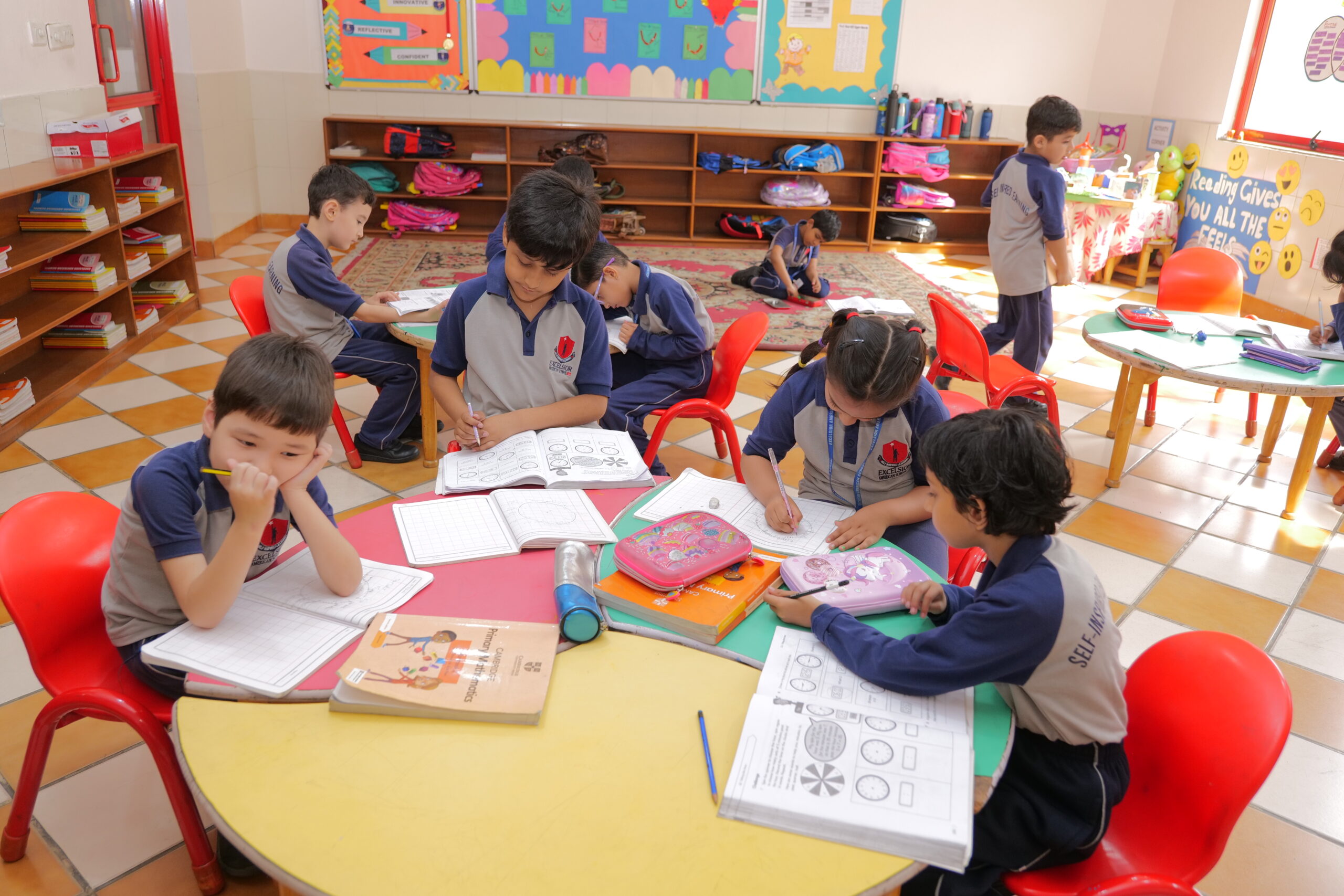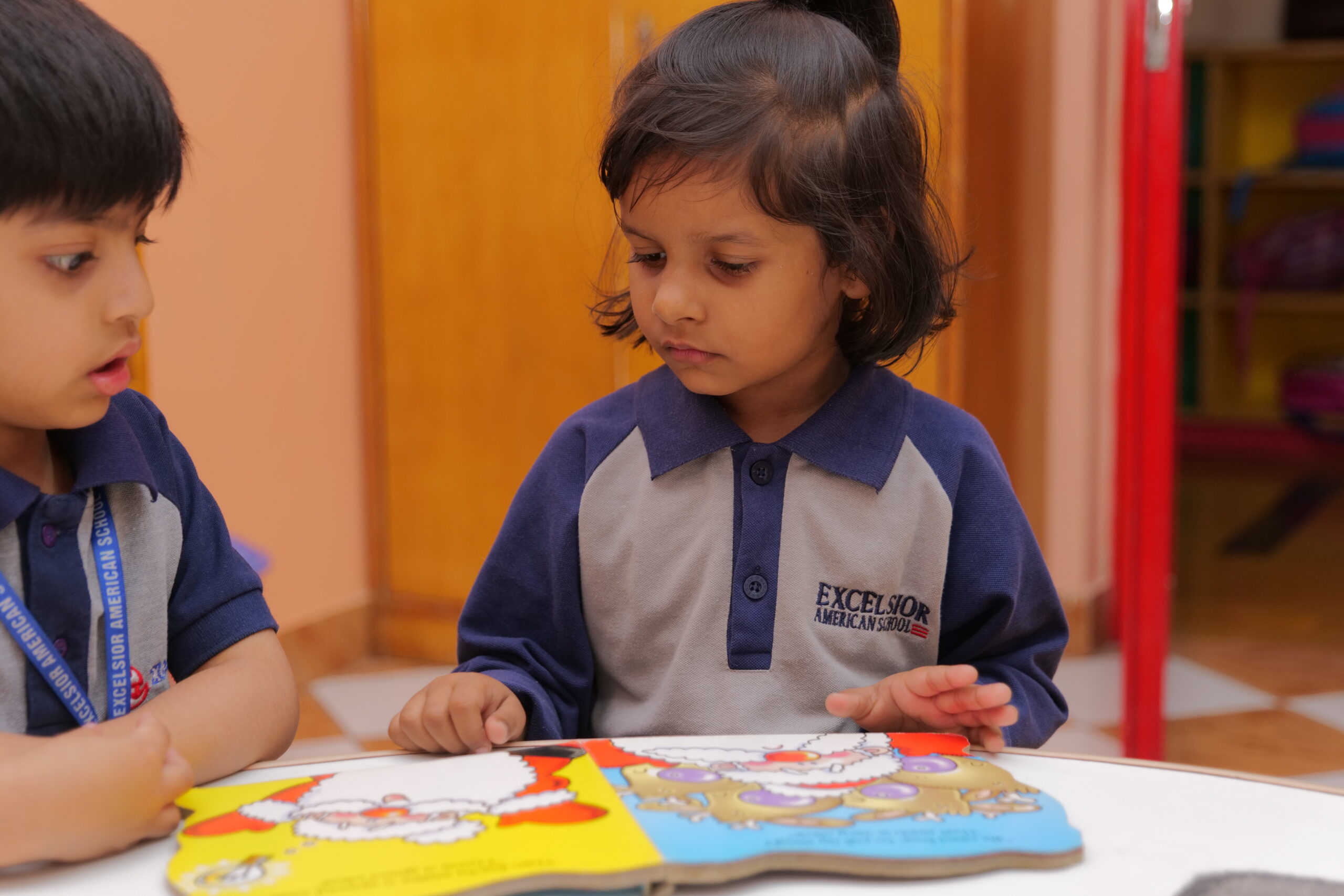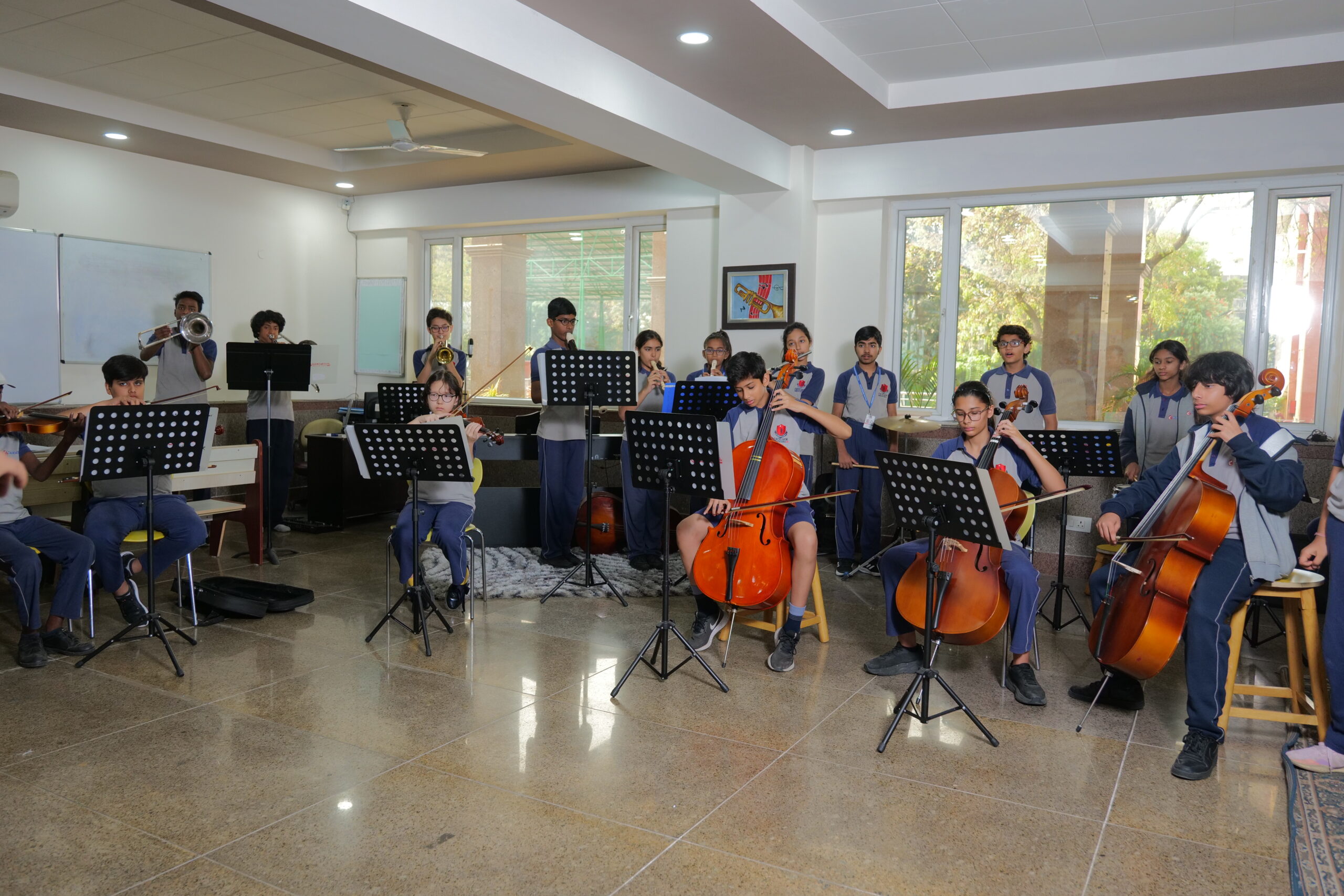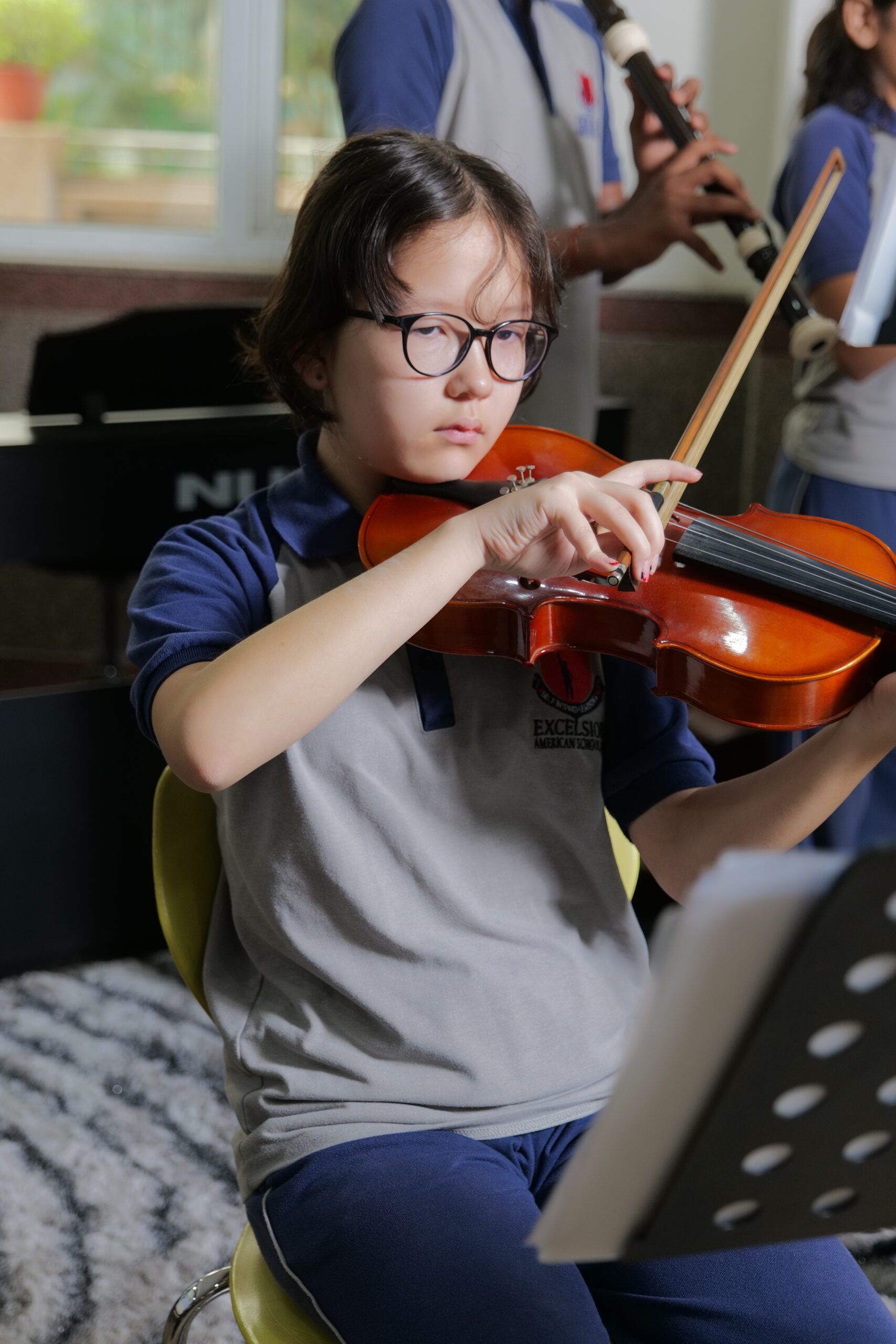Introduction: In a world driven by data, innovation, and complex decision-making, analytical thinking has become one of the most essential skills for student success. At Excelsior American, the Best Cambridge School in Gurgaon where the ability to evaluate information, identify patterns, question assumptions, and arrive at logical conclusions is no longer limited to higher education […]
Introduction: Education today is undergoing a fundamental transformation. No longer is success measured only by academic scores or exam performance. At Excelsior American, the Best IB School in Gurgaon where in a rapidly evolving world shaped by globalization, technology, and social change, students must develop a wide range of skills and values to thrive. This
Why Holistic Development Is Central to Modern Education Models?Read More »
Introduction: Education in the 21st century is no longer about fitting every learner into the same academic mold. At Excelsior American, the Best IGCSE School in Gurugram where students today bring diverse strengths, interests, learning styles, and aspirations into the classroom. To truly support their growth, schools must move beyond rigid, one-size-fits-all frameworks. This is
Why Curriculum Flexibility Is Essential for Student-Centered Growth?Read More »
Introduction: In an age defined by rapid global change, learners must do more than memorize facts: they must think globally, communicate effectively, and adapt confidently. At Excelsior American, the Best International School in Gurugram where an international education model provides precisely this transformative experience. At its core, it nurtures open-mindedness and adaptability — attributes that
How International Education Shapes Open-Minded and Adaptable LearnersRead More »
Introduction: In today’s dynamic educational environment, academic instruction alone is no longer sufficient to prepare children for a meaningful and successful life. At Excelsior American, Recognised Among the Primary Schools in Gurgaon, while literacy, numeracy, and strong conceptual foundations remain vital, equal emphasis is placed on emotional development—particularly during the crucial primary years. Emotional Intelligence
The Role of Emotional Intelligence in Primary-Level EducationRead More »
Introduction: For many years, academic scores and examination results have been the primary measures used to evaluate school quality. At Excelsior American, Recognised Among the Good Schools in Gurgaon, discussions around education have traditionally centered on report cards, rankings, and board outcomes. However, in a rapidly evolving world, this limited view of success is no
Measuring School Quality Through Student Development, Not Just ScoresRead More »
Introduction: Education in the 21st century is experiencing a profound shift, where academic achievement alone is no longer enough to prepare children for the future. At Excelsior American, regarded as the Best School in Gurgaon, learners are prepared to navigate a rapidly changing world shaped by technological advancements, global connectivity, evolving career paths, and complex
Holistic Learning Models Shape Confident, Future-Ready StudentsRead More »
Introduction: In today’s highly interconnected world, preparing students for admission to global universities requires far more than academic excellence alone. It calls for a holistic educational approach that nurtures international mindedness, sharpens critical thinking, and instills a lifelong love for learning. At Excelsior American, Recognised Among the Top IB Schools in Gurgaon, the International Baccalaureate
Preparing Students for Global Universities Through IB Academic FrameworksRead More »
Introduction: In today’s competitive educational landscape, quality often comes with a hefty price tag. Yet, for many parents, the financial burden of providing the best for their child can be overwhelming. Primary Schools in Gurgaon where the challenge intensifies in metropolitan areas, where a dizzying number of private institutions offer flashy facilities and soaring fee
Best Value-for-Money Educational Choices for Budget-Conscious ParentsRead More »
Introduction: In today’s fast-paced world, education has transformed beyond textbooks and exams. At Excelsior Americans, the Good Boarding School in Gurgaon where modern schools now focus on equipping students with the skills they need to thrive in an era driven by innovation and technology. Parents are no longer just seeking institutions with good board exam
Modern Schools Foster Innovation, Creativity, and Problem-Solving SkillsRead More »











